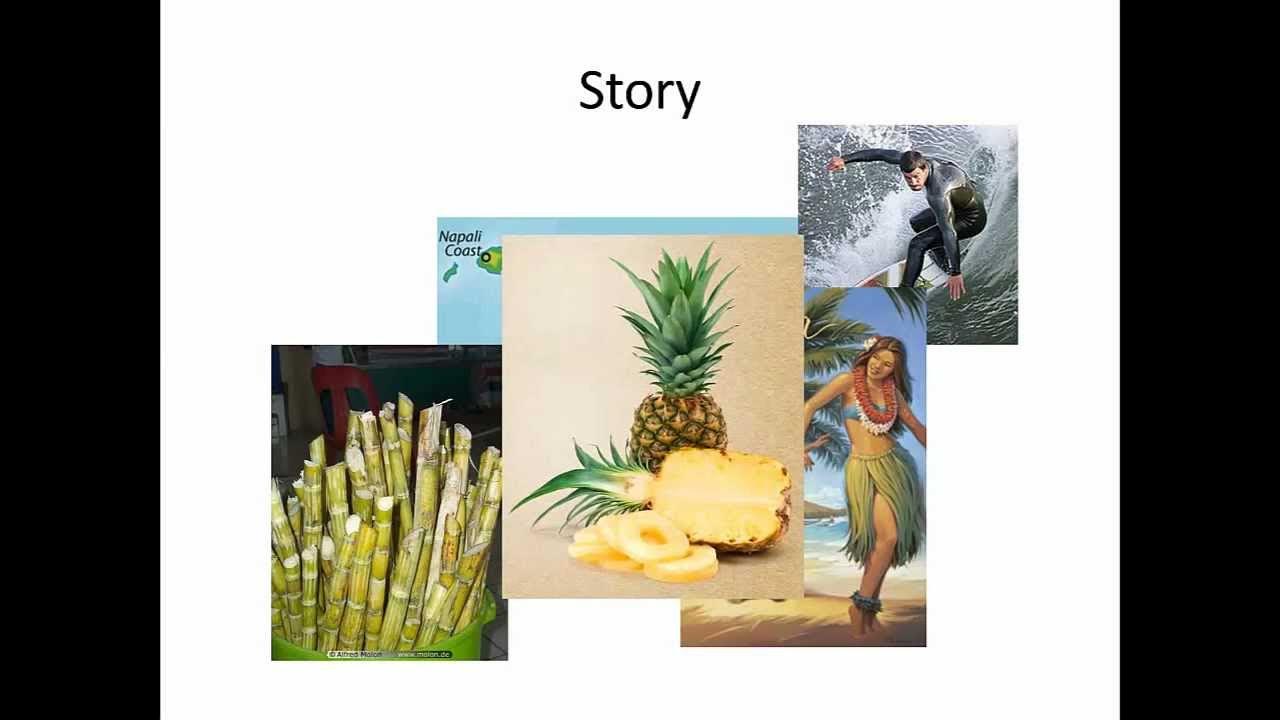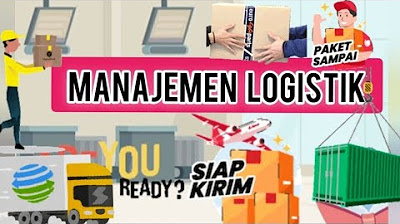Module 1: What is Supply Chain Management? (ASU-WPC-SCM) - ASU's W. P. Carey School
Summary
TLDRThis engaging video script demystifies supply chain management, using the example of a bottle of water to illustrate the complexity and costs involved beyond material costs. It emphasizes the multifaceted role of supply chain managers in procuring, manufacturing, distributing, and servicing products efficiently and sustainably, while ensuring profitability. The script also highlights the applicability of supply chain principles to service industries, like hotels, demonstrating the broad relevance of supply chain management skills.
Takeaways
- 🧐 Supply Chain Management (SCM) is often misunderstood by consumers who equate product cost with material cost, but business executives and entrepreneurs must consider the entire process.
- 💧 The example of a bottle of water highlights the complexity behind the production and distribution of even a simple product, involving negotiations, logistics, and various costs beyond just the materials.
- 📦 Packaging and transportation are crucial components of SCM, with processes like shrink wrapping, palletizing, and the use of forklifts and trucks incurring additional costs.
- 🏭 Production facilities, such as water bottling plants, involve costs for employees, machinery, utilities, and maintenance, which are often overlooked by consumers.
- 🛑 The supply chain includes not only the production and distribution of physical goods but also the provision of services, such as customer support through call centers.
- 🛍️ Retail stores are part of the supply chain, requiring staff, inventory management, and additional services like security and insurance.
- 💼 Beyond the production floor, SCM encompasses roles in finance, accounting, marketing, human resources, and IT, all of which contribute to the overall costs and operations.
- 🌐 The supply chain is a global endeavor, with components sourced, manufactured, and sold across different regions, requiring efficient coordination and management.
- 🌿 SCM also faces the challenge of sustainability, needing to ensure that materials, energy, and methods are used responsibly and efficiently.
- 🛠️ Supply chain managers must possess a diverse skill set to ensure the seamless operation of the supply chain, balancing customer needs, production efficiency, and profitability.
- 🏢 Even in a service economy, the principles of SCM apply, as seen in industries like hospitality, which 'manufacture' experiences through the coordination of various services and resources.
Q & A
What is the common misconception about product cost discussed in the script?
-The common misconception is that product cost is equal to material cost. However, the script explains that business costs include much more than just the materials, such as transportation, labor, and overheads.
What are some of the costs involved in the supply chain of a bottle of water?
-Some of the costs include purchasing empty bottles and caps, transportation (including trucks, fuel, and insurance), label design and printing, bottling plant operations (including employees, machines, and energy), and distribution to retail stores.
What role does a supply chain manager play in a company?
-A supply chain manager is responsible for ensuring that all aspects of the supply chain run efficiently and cost-effectively, from purchasing raw materials to delivering the final product to the customer while maintaining profitability.
Why is it important for a supply chain manager to think beyond consumer perspective?
-It's important because a supply chain manager needs to consider all the business aspects such as production costs, logistics, and operational efficiency, which go beyond just the material cost that a consumer might consider.
What are some of the everyday items used at a bottling plant mentioned in the script?
-The script mentions light bulbs, garbage bags, machine parts, janitorial supplies, and toilet paper as some of the everyday items used at a bottling plant.
How does the script illustrate the complexity of supply chain management?
-The script uses the example of a simple product, a bottle of water, to show the numerous steps and costs involved in the supply chain, highlighting the complexity of managing each aspect from production to delivery.
What does the script suggest about the role of supply chain management in service industries?
-The script suggests that supply chain management is equally important in service industries, such as hotels, where services like lodging, dining, and spa experiences are 'manufactured' and require efficient supply chain operations.
What are some of the service experiences that hotels 'manufacture' according to the script?
-Hotels 'manufacture' lodging experiences, dining experiences, spa experiences, and overall vacation and conference experiences.
How does the script redefine the term 'supply chain management' to make it more approachable?
-The script rephrases 'supply chain management' as 'the management of the chain of supplies' to simplify the concept and emphasize the interconnected nature of the supply chain process.
What is the significance of the script's mention of the U.S. being the number one exporter of manufactured goods as of 2008?
-The mention signifies that even in a service economy, manufacturing and supply chain management play a crucial role in the economy and that service industries also rely on supply chain principles.
What are some of the service tasks that hotels perform in their supply chain according to the script?
-Hotels perform tasks such as housekeeping, meal preparation, massage services, event organization, making reservations, organizing events, making wake-up calls, and cleaning and pressing clothes.
Outlines

Dieser Bereich ist nur für Premium-Benutzer verfügbar. Bitte führen Sie ein Upgrade durch, um auf diesen Abschnitt zuzugreifen.
Upgrade durchführenMindmap

Dieser Bereich ist nur für Premium-Benutzer verfügbar. Bitte führen Sie ein Upgrade durch, um auf diesen Abschnitt zuzugreifen.
Upgrade durchführenKeywords

Dieser Bereich ist nur für Premium-Benutzer verfügbar. Bitte führen Sie ein Upgrade durch, um auf diesen Abschnitt zuzugreifen.
Upgrade durchführenHighlights

Dieser Bereich ist nur für Premium-Benutzer verfügbar. Bitte führen Sie ein Upgrade durch, um auf diesen Abschnitt zuzugreifen.
Upgrade durchführenTranscripts

Dieser Bereich ist nur für Premium-Benutzer verfügbar. Bitte führen Sie ein Upgrade durch, um auf diesen Abschnitt zuzugreifen.
Upgrade durchführenWeitere ähnliche Videos ansehen
5.0 / 5 (0 votes)






